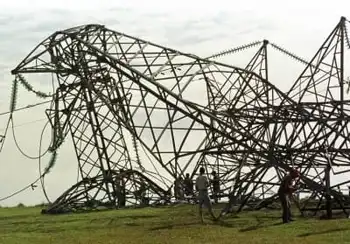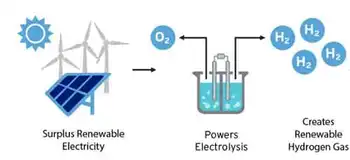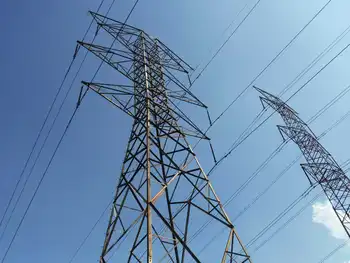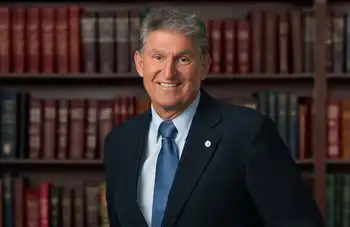1978 law at center of profit debate
By Knight Ridder Tribune
CSA Z463 Electrical Maintenance
Our customized live online or in‑person group training can be delivered to your staff at your location.

- Live Online
- 6 hours Instructor-led
- Group Training Available
At issue is a law - passed during the energy crisis of the 1970s - to allow state regulators to boost the profit potential for utilities that develop alternative energy and conservation programs. The law lets the Kansas Corporation Commission, which sets electric rates, increase a utility's rate of return on alternative energy by 0.5 to 2 percentage points.
Westar is asking for a 1 percentage point hike in potential profits from wind power, which state consumer advocates estimate could add $50 million to customers' bills over time. Westar is proposing to add 300 megawatts of wind power at a projected cost of $830 million over 20 years.
The company estimates that it will raise the average customer's bill by $2.25 a month in the project's early years. Lawyers for Westar and the Empire District Electric Co., which intervened in the case, argued that utilities should get extra income for fulfilling a state policy that encourages renewable energy.
"Our proposal is reasonable, appropriate and consistent with the law and policy of the state of Kansas," said Westar lawyer Martin Bregman.
"It is balanced from a risk perspective and economical for customers, even when Westar's reasonable request for a 1 percent premium is included."
James Flaherty, who represented Empire, said he was a young lawyer for the KCC when the state Legislature passed the law to encourage utilities to develop renewable power sources.
"It is really not that complicated to decipher the legislative intent of that statute," he said. Lawyers for the Citizens' Utility Ratepayer Board and Kansas Industrial Consumers argued that it's not that simple. KIC has proposed cutting Westar's request for extra profit potential by half; CURB wants it cut to zero.
James Zakoura, the lawyer for KIC, said the law was designed to reward companies for running the risk of investing in alternative energy, which was in its infancy in the late 1970s. Westar faces almost no risk because it is asking the commission to approve its costs and profit level before building anything, he said.
Today, every regulated utility in the state except Westar has built or bought wind power without an additional profit subsidy, added David Springe, consumer counsel for CURB, the state agency that represents residential and small-business utility customers. Like Zakoura, Springe said the statute should be interpreted in the context of 1978. "The difference between 1978 and now is that in 1978, the utility had to go out and invest in the resource," Springe said.
All the parties to the case support wind energy.
The issues are how to get it and what it will cost. In addition to Westar's profit level, the commission also will have to decide two other major issues debated at the three-day hearing: A proposal by the KCC staff to measure the performance of Westar's wind farms, rewarding the company if power production exceeds benchmarks and penalizing the company if it falls short.
The KCC staff argues that's necessary to ensure the company properly maintains the turbines. Westar said it's unacceptable because it would place the company at the mercy of the weather.
A proposal by CURB to have Westar purchase wind power under contract with a private developer, rather than owning and operating its own wind turbines. CURB said that would be cheaper.
Westar argues that the costs are similar and the company can't make money if it buys wind power and passes it along to consumers at cost. Under the company's proposal, Westar would buy half its wind power under contract and generate the other half itself.
Westar chief executive Bill Moore testified earlier this week that the company will drastically curtail or drop its wind effort if it loses on any of the major issues. Westar had rejected wind in 2004, but changed course after a 2006 meeting where Gov. Kathleen Sebelius promised the company and other Kansas utilities they would be "fully compensated" for going along with her alternative energy plans, according to a memo by former Westar chief executive James Haines that surfaced during the case.
Days after meeting with the utility executives, Sebelius announced a goal of getting 10 percent of Kansas energy from renewable sources by 2010 and 20 percent by 2020.
Westar has asked the commission to decide its case by Dec. 27 so it can close the deal on wind power before the first of the year. The company wants to get its wind farms built and running within 12 months to take advantage of tax breaks that are scheduled to expire at the end of 2008.











